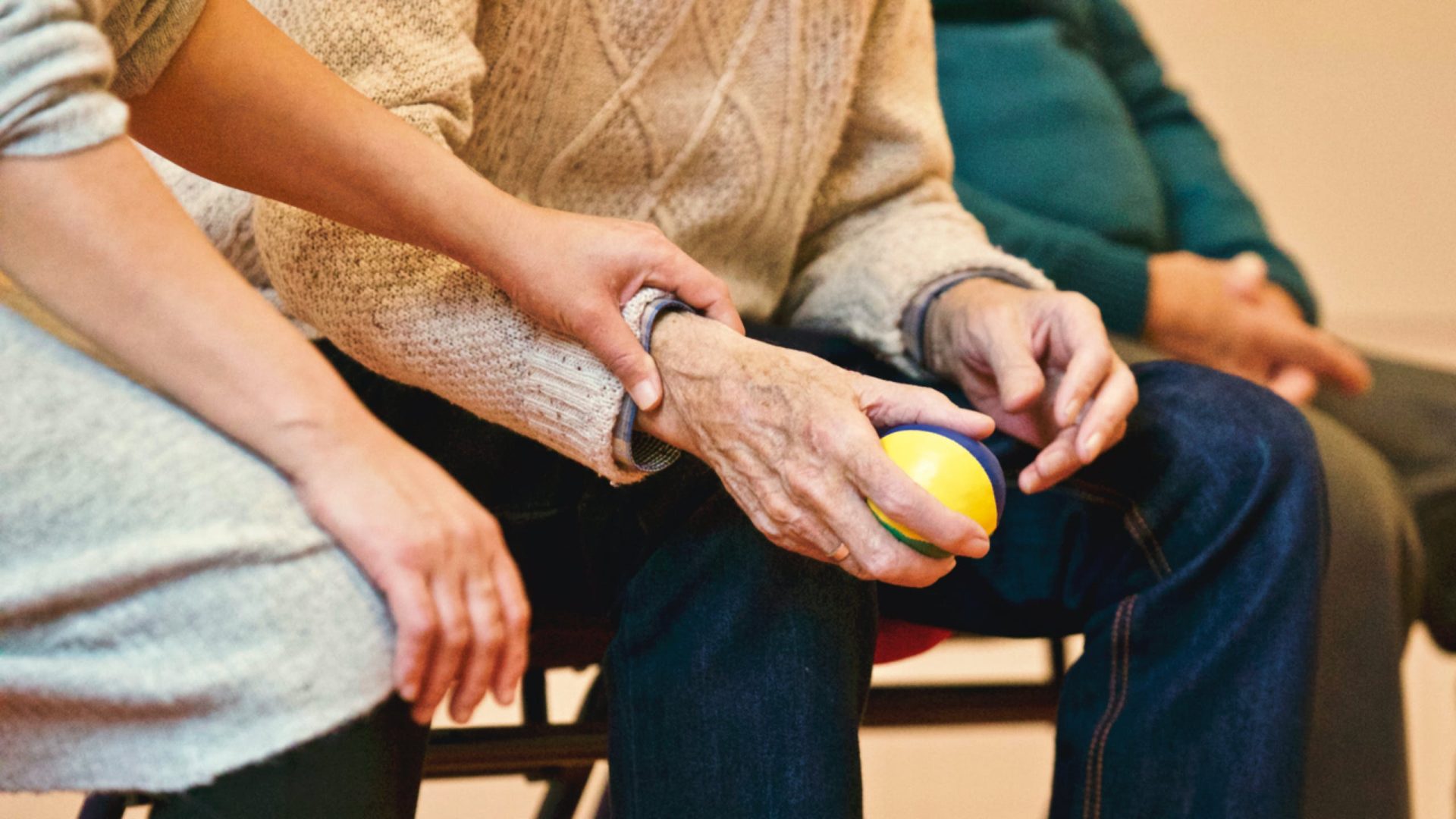One in four elderly people forgoes at least one medical visit or diagnostic test. The alarm was raised by the Istituto Superiore di Sanità which since 2016 has been monitoring the health status and lifestyle of those aged over 65 residing in Italy through the “Passi d’Argento” surveillance system. In 2020-2021, as many as 24% of elderly people did not undergo checks and analyzes due above all to the long waiting lists (36%), the fear of contagion from Sars-Cov-2 (31%), the suspension of service due to the Covid-19 pandemic (22%) but also the difficulty of reaching the facility (7%).
The excessive distance, the absence of connections, the inadequacy of the means of transport and the inconvenience of the proposed timetables discourage those who would most need to make continuous use of medical and diagnostic evaluations. Finally, 5% of elderly people report that giving up is determined by the high and unsustainable costs of the services. The investigation coordinated by the Higher Institute of Health and carried out by ASL and Regions also shines a light on the profile of those over 65 forced to abstain from treatment.
Giving up is more frequent among those aged between 65 and 74 (27% compared to 22% of those over 85), among women (29% compared to 23% in men) and among those who declare they will make ends meet with many difficulties (37% versus 24% among those who have none). The analysis of the territorial detail shows a patchy situation which, however, does not seem to follow the traditional subdivisions by geographical area. Among the regions with the highest percentage of waivers are Sardinia (39.2%), Marche (33%) and Umbria (32.3%) while those with the best percentage compared to the national average are Tuscany (2.7%) , Veneto (14.5%) and the Province of Bolzano (15.2%). Territories, but this is our consideration, in which among other things the accompaniment service for the elderly to health and welfare facilities by third sector organizations is more widespread. “Passi d’Argento” also examines accessibility to social, health and commercial services.
Also in the two-year period 2021-2022, 31% of the over 65s interviewed declared that they had had difficulty accessing social and health services or food and basic necessity shops. The least accessible are the local health authority services and shops, while the family doctor and pharmacies are more easily reachable. Difficulties are found above all among older people (70% of those over 85 report having them), among women (38% versus 22% of men), among those with a lower level of education (50% of people without a qualification of study or at most with a primary school diploma compared to 13% with graduates) and with many economic difficulties (55% compared to 23% of those who have none).
Photo at Matthias Zomer/Pexels
